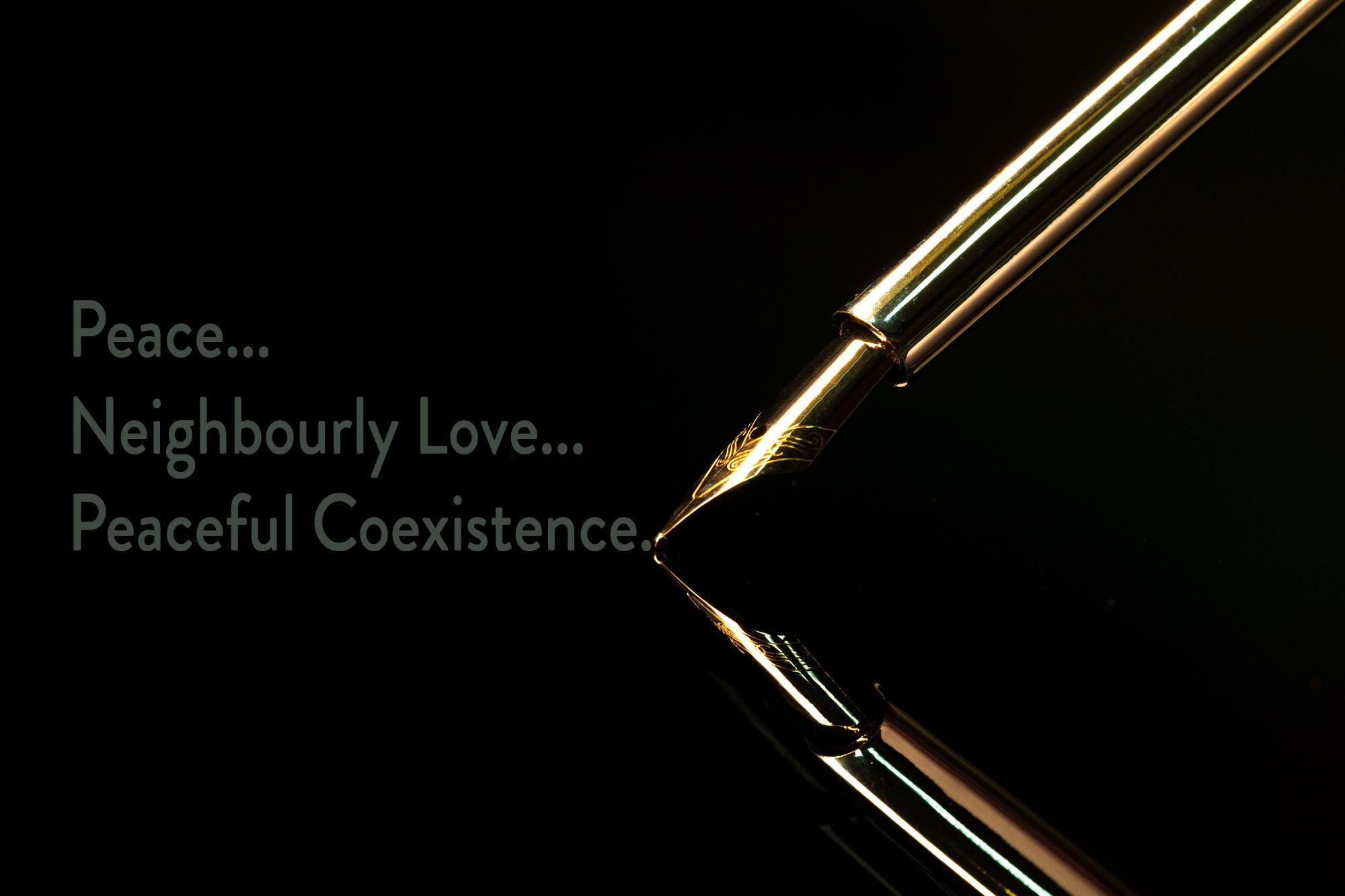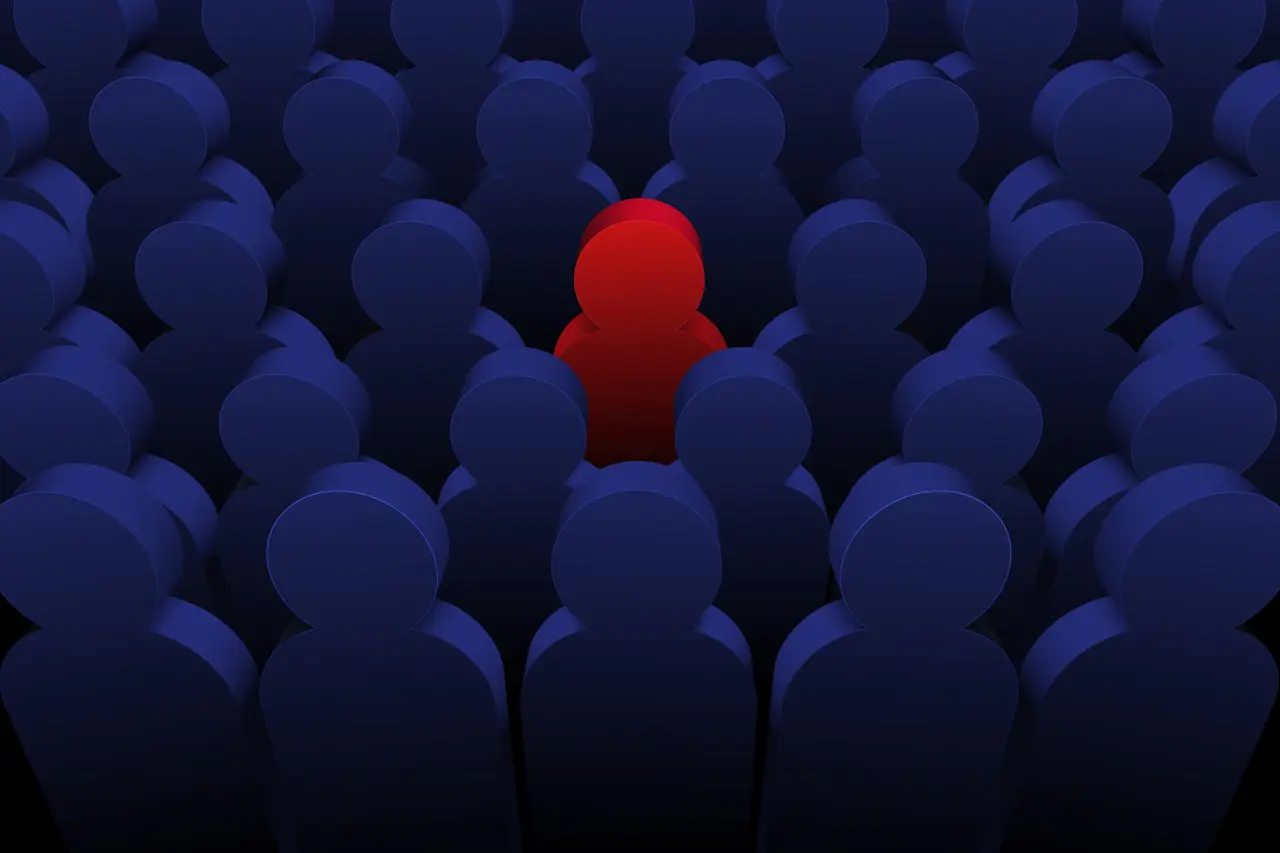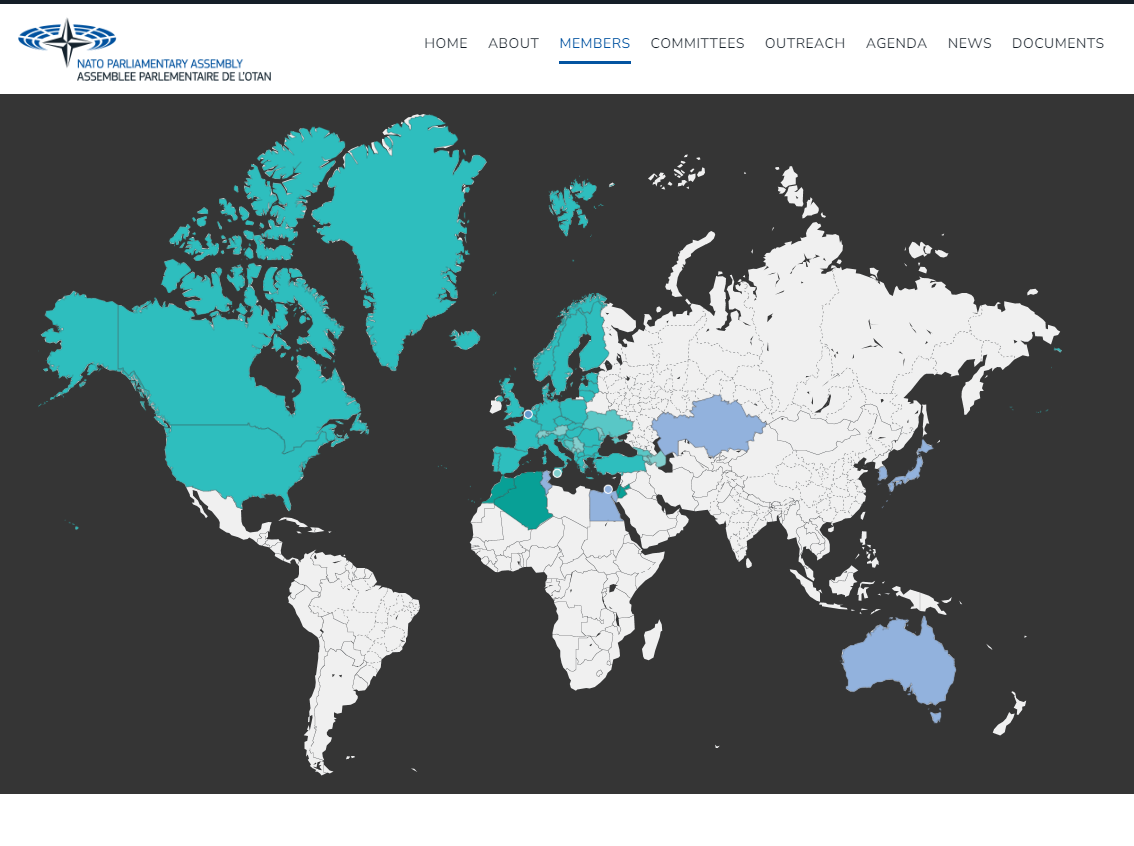I made this little clip a while ago. And I still think that it is true. It’s about the apparently mundane, in life.
Enjoy!
😊😇🙂🙃

Food for Thought – Honi soit qui mal y pense
Life is a parent category to me, it can contain almost anything that is concerned with life on this planet: plant, animal, human…
I made this little clip a while ago. And I still think that it is true. It’s about the apparently mundane, in life.
Enjoy!
😊😇🙂🙃

I have posted about wars. This is about the smaller ones in everyday life. We can make an issue out of every little thing. Sometimes, people will misunderstand it if we don’t. I had to fight a lot in the course of my life. I learned one thing for sure:
Many things can become big, even huge in the eyes of the world ‒ or our own ‒ if we make them that. Fighting is proven to ‘take it out of you’: You can become angry, even furious once you have chosen the issue. You start an argument, perhaps. Things even may escalate into a full-blown conflict that rages for years.
And for what, really? So often we will come to realize that a lot of things are not worth the energy, because:
Fighting saps one’s strength.
I am not talking about becoming angry ‒ and letting off steam. That’s important in a healthy way and done safely in order to not hurt others.
But fighting?
Fighting takes it out of you, the effects can become really dangerous to our system. Because, the way we deal with anger or even frustration is something we can learn ‒ and manage. So much in life depends on how we look at it. Strong emotions are part of our mindset ‒ that is also: part of how we evaluate what happens to us.
The first flush of anger may be involuntary ‒ but after that, it’s a choice. To save health and nerves and keep frustration at bay.
Because, also, so often looking back, we may regret unnecessary fights, especially with people we like or love.
That’s why I make it a point in my life ‒ and a plea here for all who are wondering: Pick your battles. The next one may be really worth it.
Author’s Note:
I write about such things because I learned early in life how easily we all tend to make our life difficult or even hurt the other’s feelings without meaning to. Misunderstandings too, are easy. I have a strong background in workplace psychology, among many other fields of interest, be that history, philosophy ‒ or politics. I also have come across many misjudgements in life ‒ in private life or in business.
Enlightenment is a philosophical approach and subject ‒ to me it is essential to understand ‒ and make understood.

If you can keep your head when all about you
Are losing theirs and blaming it on you,
If you can trust yourself when all men doubt you,
But make allowance for their doubting too;
If you can wait and not be tired by waiting,
Or being lied about, don’t deal in lies,
Or being hated, don’t give way to hating,
And yet don’t look too good, nor talk too wise
If you can dream – and not make dreams your master;
If you can think – and not make thoughts your aim;
If you can meet with Triumph and Disaster
And treat those two impostors just the same;
If you can bear to hear the truth you’ve spoken
Twisted by knaves to make a trap for fools,
Or watch the things you gave your life to, broken,
And stoop and build ’em up with worn-out tools
If you can make one heap of all your winnings
And risk it on one turn of pitch-and-toss,
And lose, and start again at your beginnings
And never breathe a word about your loss;
If you can force your heart and nerve and sinew
To serve your turn long after they are gone,
And so hold on when there is nothing in you
Except the will which says to them: ‘Hold on!’
If you can talk with crowds and keep your virtue,
Or walk with Kings – nor lose the common touch,
If neither foes nor loving friends can hurt you,
If all men count with you, but none too much;
If you can fill the unforgiving minute
With sixty seconds’ worth of distance run,
Yours is the Earth and everything that’s in it,
And – which is more – you’ll be a Man, my son!
Holds true for daughters too…
Rudyard Kipling is not only author of ‘The Jungle Books’, that story of the ‘man cub’ Mowgli that is known across generations of children. He also was a memorable poet and writer, who wrote poems that are to the point and rhythm, as it were…as well as prose that is full of imagery and imagination.
His political views are rather doubtful and informed by the times he grew up in, but otherwise: Highly recommended. 🙃

In former times it seemed to be a matter of course to talk about the ‘silent majority’. And it also seemed to be debatable: Did it exist?
These days we know: It does!
The statistics you get from business departments such as support, online and offline, confirm:
For any person letting a company, an organization, or platform know about their issues or problems or worries, there are around 100 silent ones who do not speak up. Some are too lazy. Some are too busy. Some are just too self-conscious, don’t dare to draw attention to themselves.
Whatever the reasons may be: I also know from actual experience how often people in everyday life underestimate the universal facts of human life:
Emotions, feelings, worries and also joy so often are felt very similarly. Yet, very often also people don’t know about that and therefore feel disconnected.
Sharing helps: Experience, emotions, and thoughts. And my blog is one place where I like to share for exactly that reason. To help and to spread perhaps a (little) light of understanding.

The other day I was looking up a job offer and checking out the website of a company that is not only into technology – but also into war-relevant products.
They actually stated in so many words that the present world politics were beneficial to their business – and that they expected their revenue to rise accordingly.
Do we really need any more proof? Isn’t history full of the news that came later – sometimes 30 years or more later – to inform the general public of what was classified information at the time?
That weapons and military and their supplies are part of the machinery… war.
Let’s remember that still we as the population, the voices of each of the peoples of the world are the ones who can do it as a whole:
Let them know that we do not want to be turned into cannon fodder.
The map above is the one of the current member states of NATO, taken at the time of writing this article; the date given also above, including the original URL and time of today, the 23rd of November 2024.
When you look at it you may understand better what it might feel like to live in one of the white spaces; especially lands to the east of Europe.
Why I mention it?
Because negotiating becomes so much easier if you know how the people facing you feel.
I am a German born and bred who was married to a Persian for more than a decade. I learned about humanism and enlightenment when I was still a girl.
My parents were careful to impress upon us all through childhood and adolescence to look closely and let our judgement not be clouded by advertisements – or propaganda.
And what is propaganda other than a sort of advertisement?
The human rights declaration and the Buddhist concept “Avoid pain” are the basis I argue from.
Look into history and learn: War never ever was a necessity or a heroic deed or a defense of a religion: It always was the failure of politics to be patient and continue negotiating until a proper agreement with all concerned was reached. It was part of the system of greed that stampedes over everything – including bodies.
Such negotiations can take years, decades even.
But if you look into history again, you will find numerous examples – the European Thirty Years’ War not the least of all – that confirm this view.
The Thirty Years’ War raged in Europe for exactly 30 years. More than half of the population of all Europe was killed, whole regions laid bare of any people, laid waste for decades. The destruction was tragic.
Even more cruel and dreadful were the crimes committed in the period: Rape, plunder and murder all through the lands, and recorded carefully too made it something that was part of the common memory of the European survivors for ages.
Again: War is politics, war is business, war is no necessity, and no heroic march either. War kills people, and cruelly.

Times can be tough, I have seen many and gone through a lot of such times. I still consider myself lucky, in many respects.
I find that talking can be overestimated. But so can quiet. As has been said similarly elsewhere:
there’s a time and place for everything.
Sometimes we talk to others in order to exchange ideas, or information.
Sometimes we talk to others to feel close by being understood and listened to.
Sometimes we talk to others so we can make the heart’s burden lighter, or to let off the steam of anger.
Sometimes we talk to others to clear up things or answer questions.
But often, there’s nothing of the above necessary. We are at one with ourselves and our emotions and ideas.
In such times, being quiet can be the order of the day. Know that our near and dear understand.
In hard or sorrowful times, a good cry can help. Or letting off steam by punching something…
Hugging near and dear helps.
Work helps.
And laughter helps. Always.
(First published in 2021, reposted.)

Freedom – a big term, most often associated with flying, the eagle in the sky – the absolute lack of all fetters, shackles or limitations. Is it?
A dream. Even more than that: it is in these contexts – a human emotion.
There are these moments in life – when one is at peace with oneself and one’s surroundings – a fire outdoors in the night, surrounded by friends, music, good food and drink, perhaps.
The mountain top and a beautiful countryside on a day where vision seems endless.
A peaceful day at home, rain splattering against the windows, the rich fragrance of fresh home-made biscuits in the air.
These peaceful moments can convey a kind of freedom, and rich and full living. Perhaps at the core of the yearning: no ties and no responsibilities to be taken care of.
All’s well in the universe.
Yet, actually, there’s more to the idea of freedom. It also makes sense to differentiate. What I have put above is the personal freedom in a human’s life that can happen as an emotion on such occasions. Peace. Or exhilaration.
The exhilarating feeling that high above the world the sky is the limit…
To me, first and last, the definition and from there a repeated emotion of freedom is twofold: define what it is exactly, and why. Find out where it can be found, again.
So, first there’s personal freedom, a feeling perhaps, a strong emotion. There’s also the freedom in political and social life. It actually is the basis for the emotional situations I described above:
In a country, where it is not possible to try and reach your potential, to say what you think where and when you like, to dress how you like or go where you want – just the feeling of freedom, can be hard to find in personal life.
So next comes the question: what if all’s granted, but still, responsibilities are to be taken care of? The responsibility of taking care of a family can be difficult and weigh heavily on the mind.
Where is freedom then?
Freedom is in knowing your own limitations and your ‘escapes’ from routine, if there is one. And, in a community life, compromise. To go for what is good for many.
To find happiness in the small things, because you have figured out or seen what you don’t need to be happy, here and now. Your limitations.
The fragrance of a flower, the peaceful garden.
Dancing with friends, telling jokes and sharing thoughts – that’s what I found to be happiness in everyday life. Conveying the emotion of being carefree and lightweight.
Most importantly I realized that treasuring any moments given to us we feel this way, makes for a freedom that is independent of long trips, travelling the globe, the Bunjee jumping line – or flying into the skies: to know that it’s valuable, to you, your friends, your loved ones, now.

I have posted about wars. This is about the smaller ones in everyday life. We can make an issue out of every little thing. Sometimes, people will misunderstand it if we don’t. I had to fight a lot in the course of my life. I learned one thing for sure: Many things can become big, even huge in the eyes of the world – or our own – if we make them that. Fighting is proven to ‘take it out of you’: You can become angry, even furious once you have chosen the issue. You start an argument, perhaps. Things even may escalate into a full-blown conflict that rages for years.
And for what, really? So often we will come to realize that a lot of things are not worth the energy, because:
Fighting saps one’s strength. I am not talking about becoming angry – and letting off steam. That’s important in a healthy way and done safely in order to not hurt others. But fighting?
Fighting takes it out of you, the effects can become really dangerous to our system. Because, the way we deal with anger or even frustration is something we can learn – and manage. So much in life depends on how we look at it. Strong emotions are part of our mindset – that is also: part of how we evaluate what happens to us. The first flush of anger may be involuntary – but after that, it’s a choice. To save health and nerves and keep frustration at bay.
Because, also, so often looking back, we may regret unnecessary fights, especially with people we like or love.
That’s why I make it a point in my life – and a plea here for all who are wondering: Pick your battles. The next one may be really worth it.
…Smile when they are clouds in the sky, you’ll get by, if you smile through your fear and sorrow, smile and maybe tomorrow you will see the sun come shining through, for you…
The song above has an interesting history.
I’ve found it to be true: After many years of hardship, especially during the pandemic, things are finally looking up again. But just as Charlie Chaplin – although more lucky in some ways – I’ve found as so many people around the world:
When life is sad or difficult you learn to smile to lighten the burden(s).
The song above was originally a piece without words for a film of Chaplin’s, one of his masterpieces. He was there in the beginning of the art of movie making, he improved it and became a master and an inventor with awards and special mentions all around the world. He knew, too.